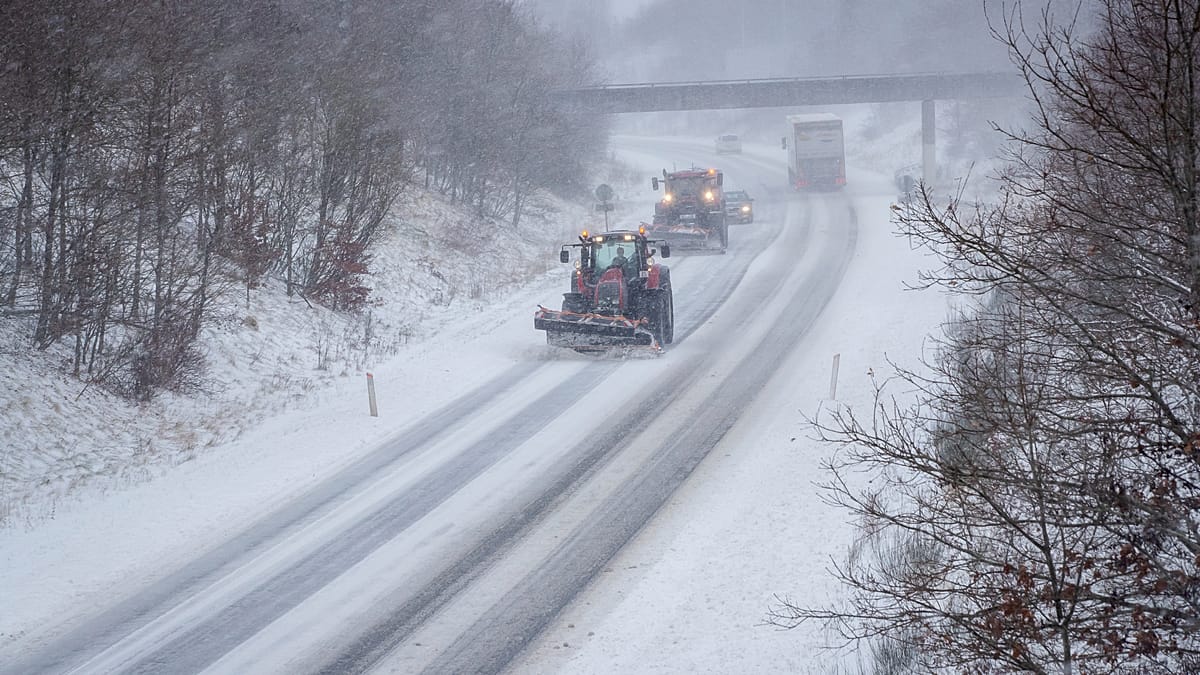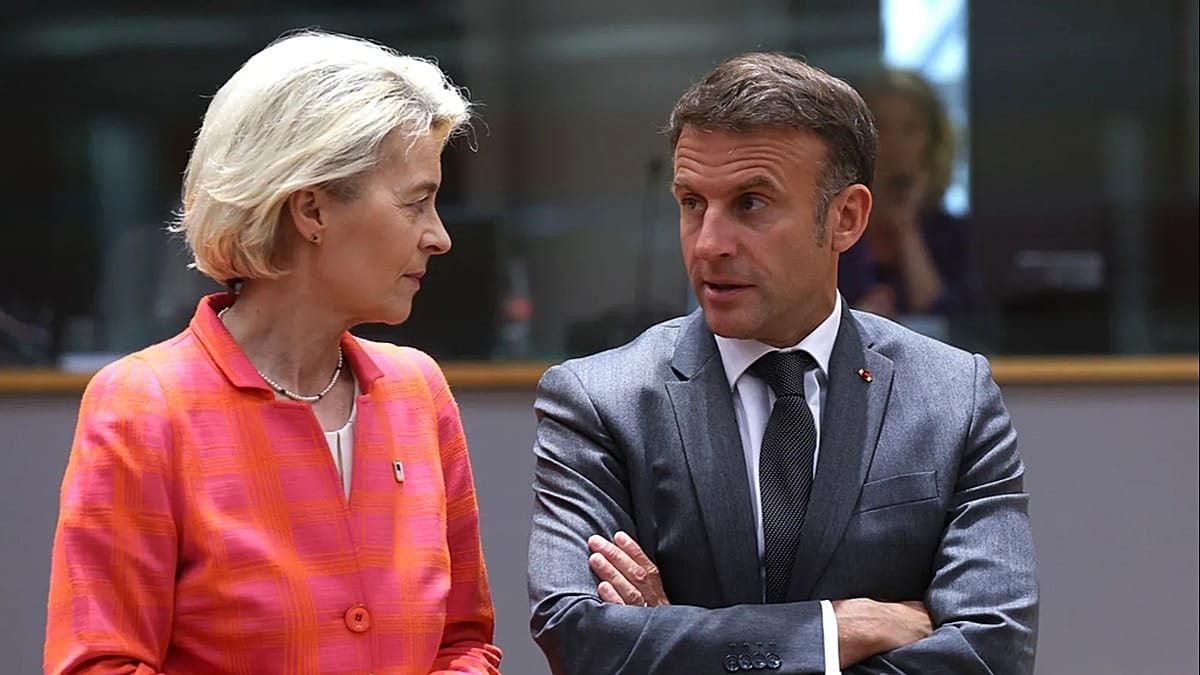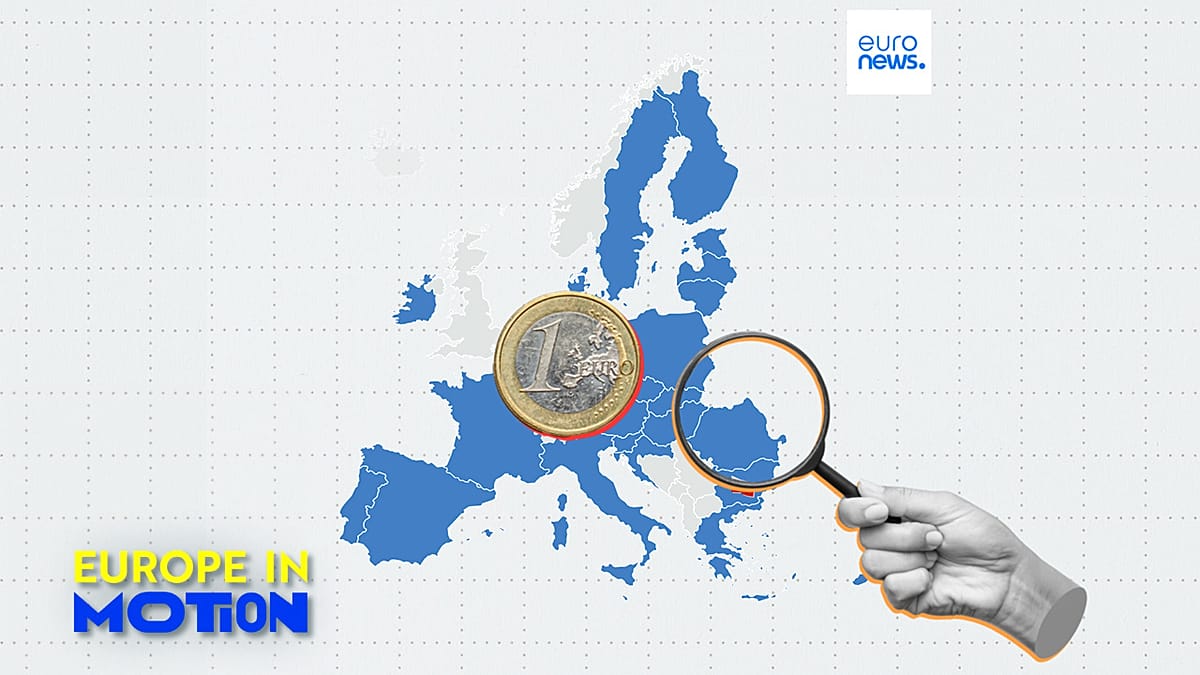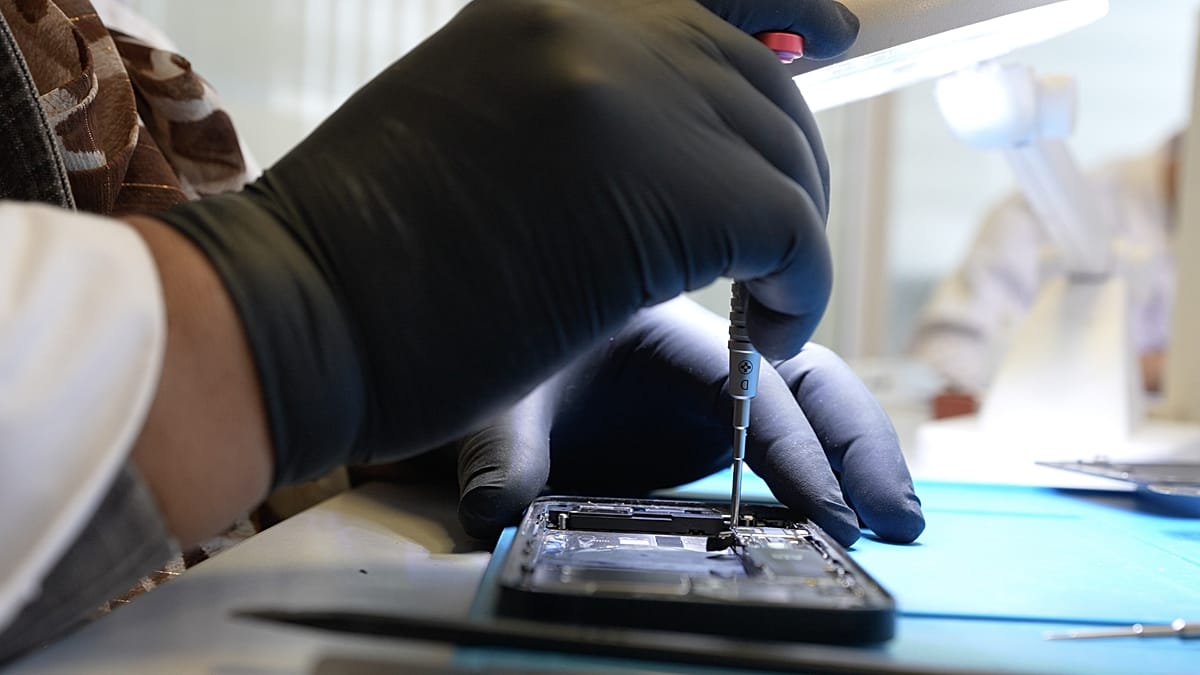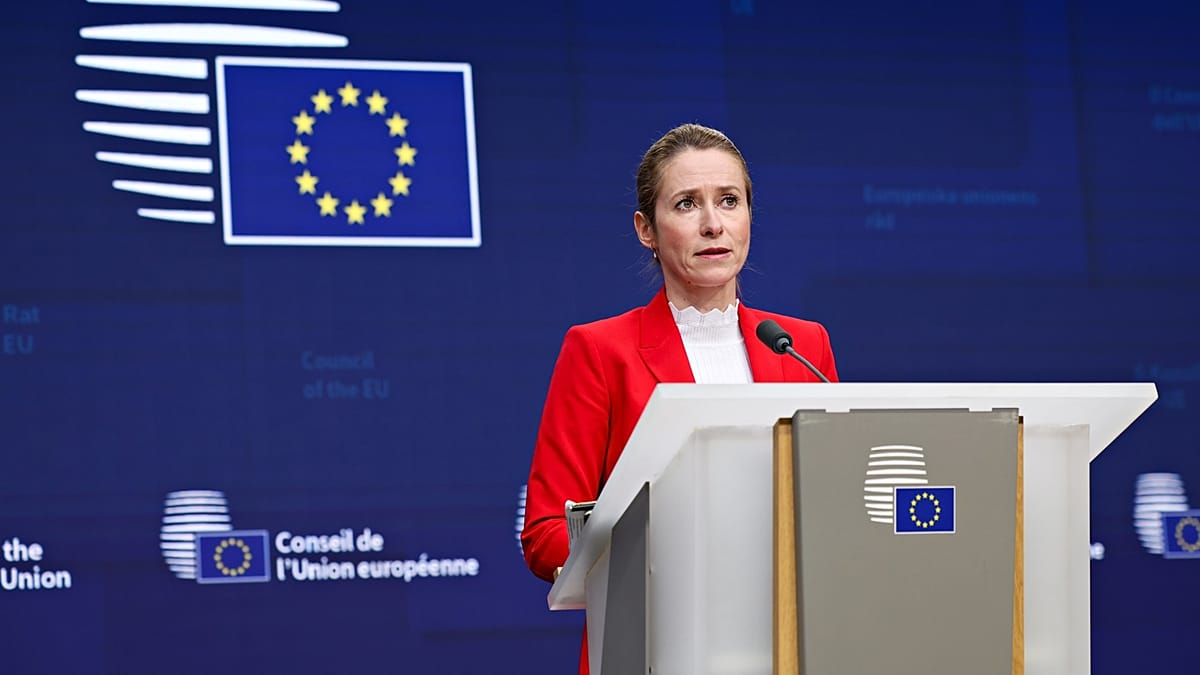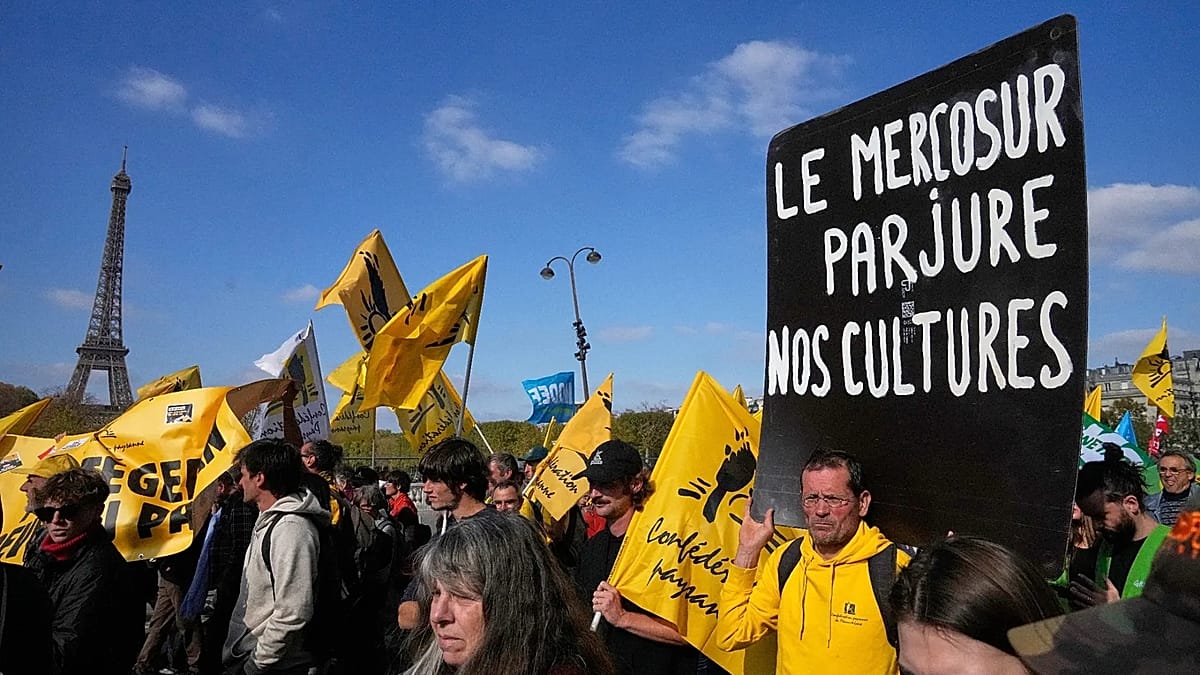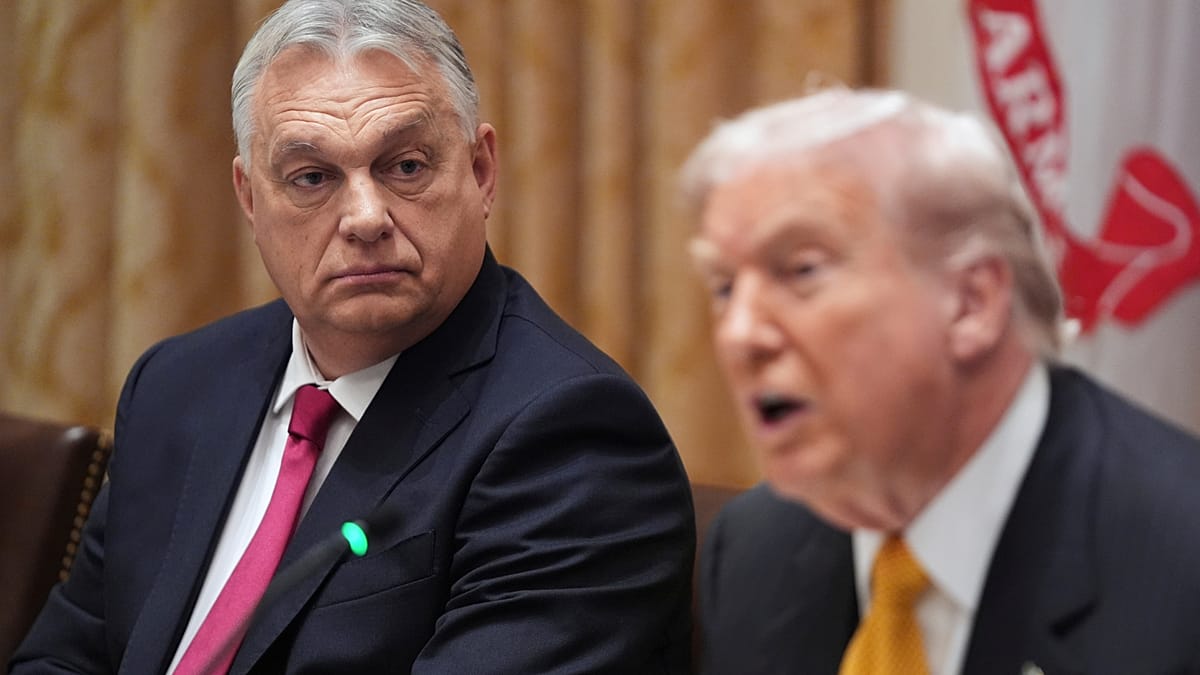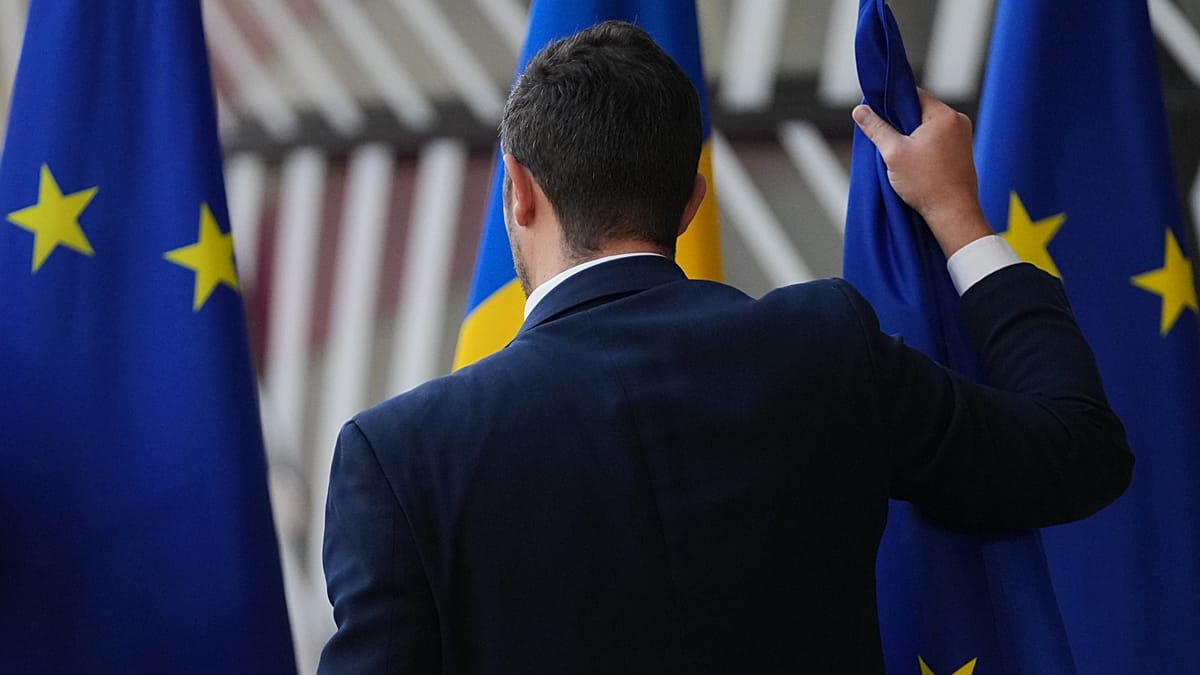
The European Commission on Tuesday praised Ukraine’s “remarkable commitment” and progress towards EU accession but urged the war-torn country to reverse recent “negative trends”, especially in the area of corruption.
The Commission said in its annual report card on candidate countries’ progress that it “positively assessed” the roadmaps and action plan Kyiv adopted earlier this year on the rule of law, public administration reform and on the functioning of democratic institutions as well as its negotiating position for the fundamental clusters.
It states that Brussels stands ready to support Ukraine’s ambition to close negotiations before the end of 2028, but that doing so would require Kyiv to accelerate the pace of reforms.
“Recent negative trends, including a pressure on the specialised anti-corruption agencies and civil society, must be decisively reversed,” it flags.
In July, a law that brought the National Anti-Corruption Bureau of Ukraine (NABU) and the Specialised Anti-Corruption Prosecutor’s Office (SAPO) under the direct oversight of the prosecutor general, undermining their independence, was swiftly ratified by the Ukrainian parliament, the Verkhovna Rada, and signed by President Volodymyr Zelenskyy.
The move triggered protests in Ukraine and was sharply criticised by Brussels, prompting Zelenskyy to U-turn weeks later with a new bill designed to restore the independence of the two bodies.
The work of both NABU and SAPO is considered critical to Ukraine’s anti-graft reforms, which it needs to fulfil to be considered prepared to join the EU.
While Zelenskyy’s reversal initially reassured Brussels, Tuesday’s caution suggests the EU executive is continuing to monitor developments in the country, defending itself from the Russian war of aggression for more than three years at this stage, to ensure anti-graft reforms stay on track.
Russia’s full-scale invasion of Ukraine has revived the long-dormant process of enlarging the European Union, as the bloc tries to integrate countries on its eastern flank.
But Brussels’ efforts to fast-track Ukraine’s accession have been met with political backlash from Hungary. Prime Minister Viktor Orbán is vetoing progress in talks, citing concerns over energy security, agriculture and the rights of the Hungarian minority in Ukraine’s Transcarpathian region.
Ukraine is one of nine countries officially in the waiting room to join the EU. Kosovo is considered a potential candidate.
“There have been significant advances on the EU path achieved so far by Montenegro, Albania, Moldova and Ukraine,” European Commissioner for Enlargement Marta Kos told the European Parliament’s foreign affairs committee on Tuesday afternoon.
Kos said that “given the pace” of reforms, enlargement is “a realistic possibility within the coming years”.
She also urged member states to recognise the work done by candidate countries and to “deliver too” on their end.
Each step of the accession process requires the unanimous backing of all member states which allows EU countries to veto progress, often over bilateral issues.
Serbia, Georgia get sharp-worded warnings
On Serbia, the biggest of the five Western Balkan countries officially on the EU’s waiting list, the Commission calls for the government to tackle a host of issues including corruption, the rule of law, the independence of the judiciary, media freedom, electoral reforms and foreign disinformation.
“Serbia needs to overcome the current political impasse and divisions in society by restoring trust amongst political and civil society actors and create conditions for inclusive dialogue, needed for bringing forward required key reforms,” the conclusions read.
Serbia’s application to join the bloc has been held back by its nominally neutral foreign policy, which involves simultaneously pursuing EU membership while maintaining ties to Moscow and Beijing.
Its failure to resolve its impasse with Kosovo — a former Serbian province whose independence Belgrade refuses to recognise — as well as its domesticpolitical crisisare also stumbling blocks.
The report came just after tensions in Serbia reached a boiling point over the weekend, one year after a train station canopy collapsed in the northern city of Novi Sad, killing 16 people, including children.
The deadly incident triggered one year of fierce student-led protests against what they say is rampant corruption, with many demanding fresh elections and challenging the government in Belgrade.
Meanwhile, Georgia has become “a candidate country in name only”, Kos told MEPs.
“The situation has sharply deteriorated with serious democratic backsliding, as never before in one of the candidate countries. We saw a rapid erosion of the rule of law and severe restrictions of fundamental rights. Georgian authorities need to urgently reverse their course to respond to their citizens’ demand for a European future,” she added.

